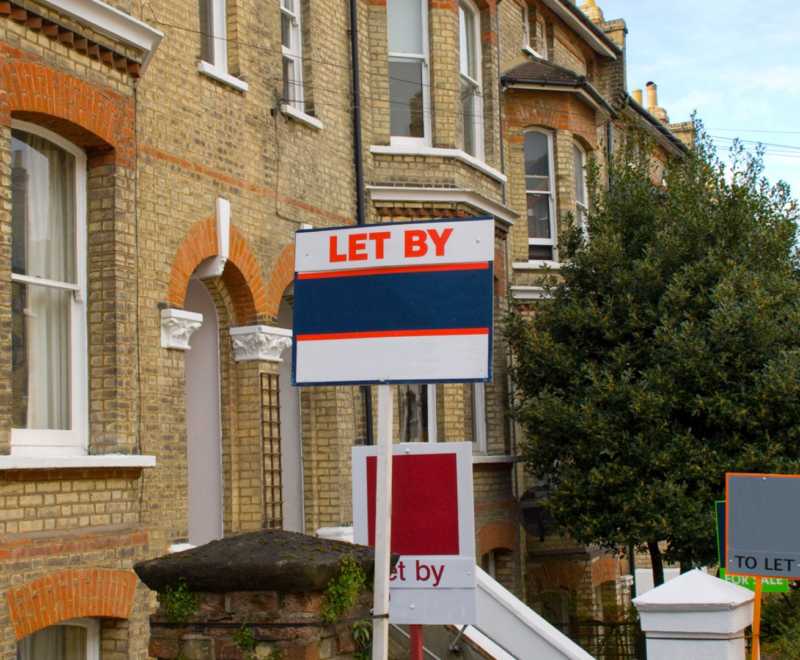“What do I have to disclose when selling a house in the UK?“, is the question that all sellers have on their lips. When selling a property in the UK, it is necessary to provide certain information about the property to the buyer, if you do not want to encounter legal difficulties.
It’s time to sell your old property, you want to make it appear as desirable as possible in order to have a fast sale at the correct value ( or even at a higher price). When selling your house in the UK, you have an obligation to disclose everything about the property in question to potential buyers. People are often tempted to give exclusively positive information about a property, to persuade potential buyers to bid for it. We are tempted to keep “hidden” negative details that could change the buyer’s intention to buy our property confidential.
This secrecy is not permitted by law under any circumstances. Sellers are obliged to declare all the positive and negative details. With 100% complete information about a property, the buyer must be able to make the right decision.

So, what do I have to declare when selling my home?
When you’re selling a property, you have plenty of forms to fill-out and information to collect before putting your home on the market. Property Information Form (TA6) is one of the first documents you’ll have to complete to proceed with matters. The Law Society has published explanatory notes to accompany the Law Society Property Information Form (TA6). The Law Society Property Information Form (TA6) is designed to be capable of being completed without reference to any other material.
Information included in the Property Information Form
- Boundaries and boundary features
- Disputes and complaints by neighboring
- Notices
- Alterations, planning and building control
- Guarantees and warranties
- Council tax
- Environmental matters
- Formal and informal arrangements
- Details of any occupiers
- Transaction information
- Services (including electricity, central heating, drainage and sewerage)
- Connection to utilities and services
- The reasons why previous sales have fallen through
- Any proposals for nearby development and construction
- Any known structural issues with the property
- Whether there have been any known burglaries in the neighborhood recently
It is important to be honest in this statement so as not to have any inconvenience during and after signing the property sale contract. The property seller should answer carefully since the answers they give are part of the contract. If the seller does not know the answer to any of the questions he should answer <
Love Your Postcode Estate Agents can help you during the property selling process. Call us on 0800 862 0870 or book a free valuation today.
By









